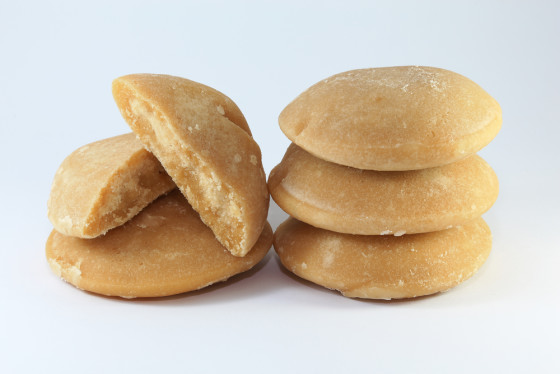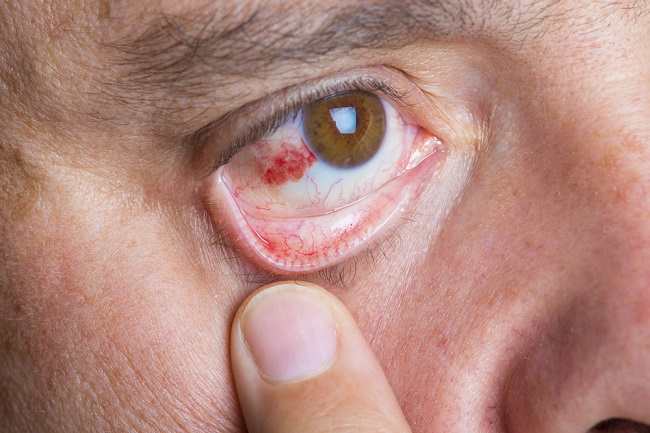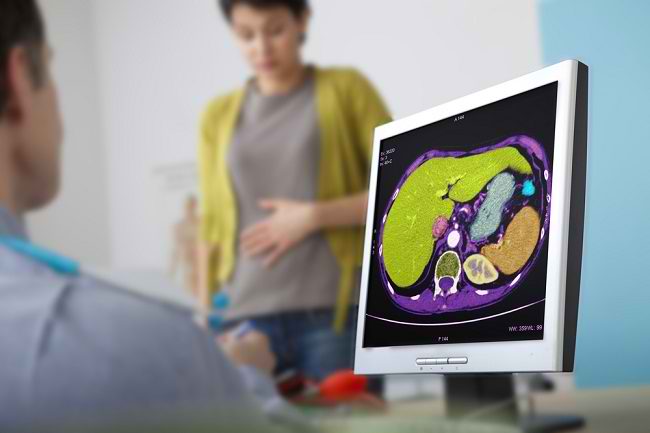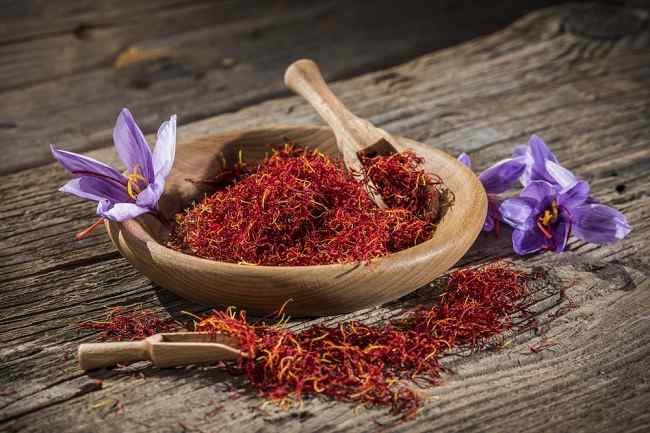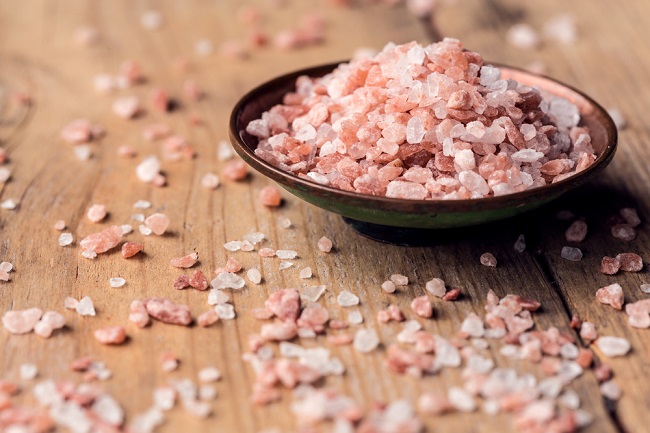There are several types of supplements that are proven to be good at helping lower cholesterol levels. To find out what these types of supplements are, let's look at the discussion in this article.
Controlling cholesterol can reduce the risk of death from heart disease. The principle of high cholesterol treatment is to live a healthy lifestyle; reduce consumption of fatty foods, such as fried foods and meat; and use cholesterol-lowering drugs, one of which is cholesterol-lowering supplements.

Cholesterol-lowering supplements that are sold without a doctor's prescription are useful for patients with mild cholesterol elevations, or as an alternative to prescription drugs that cause many side effects.
Good Supplements to Lower Cholesterol
The following are some of the content and types of cholesterol-lowering supplements that have been proven effective:
1. Fish oil
Omega-3 content, including EPA and DHA, which is present in fish oil can lower bad cholesterol (LDL) and triglyceride levels. Further research states that consumption of fish oil of 250 mg/day can reduce the risk of death from heart disease.
American Heart Association recommends consumption of omega-3 as much as 2-4 grams per day for patients with high triglyceride levels. However, the use of this supplement should be avoided in people with a history of fish or seafood allergies. In addition, fish oil supplements can sometimes cause side effects such as stomach pain and frequent belching.
2. Fiber psyllium
Fiber has been shown to be beneficial for lowering LDL cholesterol and triglyceride levels, especially in people with type 2 diabetes. Foods that are the best sources of fiber are still fruits, vegetables, and whole grains. However, if cholesterol is still high even though the diet is good, take supplements psyllium can help.
3. Soy protein supplements (soy protein)
Research has shown that increasing consumption of soy beans or soy protein supplements can reduce LDL and total cholesterol levels in the blood.
This is presumably because the nutritional content in soybeans, such as protein, vegetable fat (sterols), and fiber, can help reduce fat absorption in the body.
4. CoenzymeeQ10 (CoQ10)
Currently, research on the benefits of supplements coenzyme Q10 in humans shows that this supplement can help lower LDL cholesterol levels. Although rare, the rare side effects of using this supplement are nausea, diarrhea, headaches, and skin rashes.
5. Niacin (vitamin B3)
Niacin is a type of B vitamin that can help lower LDL cholesterol levels and increase good cholesterol (HDL). The recommended dose of vitamin B3 is 2-3 grams per day.
Side effects of using supplements containing niacin are indigestion, muscle aches, and rashes on the skin. This supplement is not recommended for use in people who have or are suffering from peptic ulcers, chronic liver disease, and gout.
6. Barley
Barley or barley is one type of grain from the wheat group. Efficacy barley is to reduce total cholesterol levels. Not only that, barley can also help control blood sugar levels and maintain digestive tract health.
7. Green tea extract
This tea, which is widely consumed in Japan, has the effect of lowering cholesterol levels. Apart from being in the form of drinks, green tea in supplements can also provide similar benefits. Side effects that can arise from taking green tea supplements are nausea, vomiting, bloating, or diarrhea.
8. Fermented brown rice (red yeast rice)
Supplements with brown rice ingredients can reduce LDL and total cholesterol levels. This is because the content in fermented brown rice has a similar way of working with cholesterol-lowering drugs from the statin class.
9. Garlic
There is a lot of controversy regarding the efficacy of garlic supplements in lowering cholesterol. Some studies say that garlic can help reduce cholesterol, but not a few studies have concluded otherwise, especially in terms of lowering LDL levels.
10. Probiotics
Besides being proven to be beneficial for gut health and endurance, consumption of probiotics can also lower cholesterol levels. This product can be found in yogurt, kimchi, and over-the-counter probiotic supplements.
Tips for Using Cholesterol Lowering Supplements
Taking cholesterol-lowering supplements of course must be done by considering the benefits and risks of side effects. After we know what supplements are effective for lowering cholesterol, here are some tips on how to use them:
- Before taking supplements, it is recommended to consult a doctor first. This is because some types of supplements can affect the work of other drugs or supplements that you are currently taking. Your doctor will give you advice regarding safety and possible side effects.
- The use of supplements alone is sometimes not effective enough to reduce cholesterol, so you still need to take cholesterol-lowering drugs from especially if cholesterol levels are very high, or there are risk factors, such as a history of heart disease, stroke, and obesity.
- Accompany the use of supplements with a healthy lifestyle, such as eating lots of high-fiber foods, avoiding foods that contain lots of unhealthy fats, and exercising regularly.
Taking cholesterol-lowering supplements can help treat high cholesterol, as long as you follow the instructions for use and maintain a healthy lifestyle.
However, before using any supplements, including cholesterol-lowering supplements, you are advised to consult with your doctor first, in order to get maximum results and avoid side effects.
Written by:
dr. Riana Nirmala Wijaya

